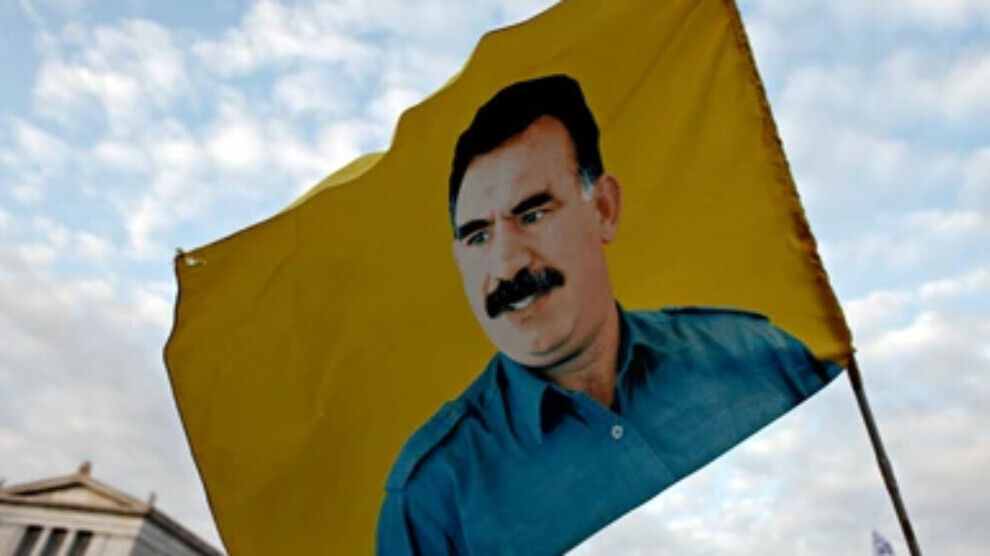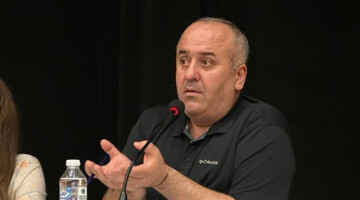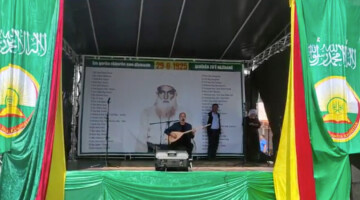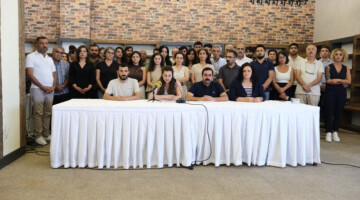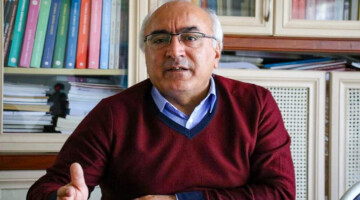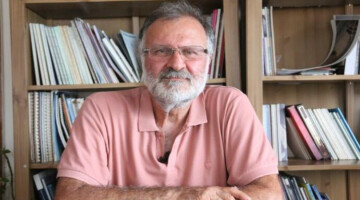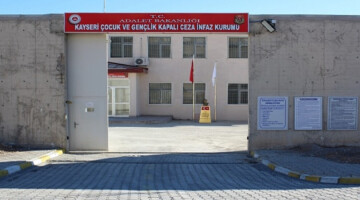There has been no news from Kurdish People's Leader Abdullah Öcalan for more than two years.
Öcalan was able to make a short phone call with his brother Mehmet Öcalan on 25 March 2021. Likewise, no news can be received from other prisoners in Imrali, Hamili Yıldırım, Veysi Aktaş and Ömer Hayri Konar.
While the visits are arbitrarily and systematically denied, the disciplinary punishments motivating these denials are given to the lawyers very late.
The lawyers made an individual application to the Constitutional Court (AYM), stating that their clients have been subjected to ill-treatment due to aggravated isolation, especially since 2021.
In the last 8 years, dozens of applications have been made to the Constitutional Court by Asrın Law Office.
According to The Mezopotamya Agency (MA), the Constitutional Court asked the Ministry of Justice for an opinion on 23 of these applications.
The Ministry presented an opinion to the Constitutional Court on lawyer bans, family disciplinary bans, telephone rights, bans in Imralı during the State of Emergency (OHAL) and many similar issues.
It was reported that the Constitutional Court also requested the opinion of Asrın Law Office on 23 files.
In the opinion submitted by the Ministry to the Constitutional Court on 24 March, it was claimed that the isolation in Imrali was not "ill-treatment".
Claiming that ill-treatment was "relative", the Ministry recalled the decisions regarding the obstacles and found the isolation "light" and argued that there was no "ill-treatment" in Imrali.
The Ministry claimed that the rights to family and lawyer visits, telephone calls, receiving and sending letters were also implemented in accordance with the legislation.
The Ministry drew attention to the fact that family and lawyer visits were not made because “it is rather normal that Abdullah Öcalan and the other applicants in the same penitentiary institution had no meetings with their families and lawyers because of unforeseeable reasons, and because strict security measures were taken (...)"
In the ministry's response, no clarification was made as to what these "unforeseeable reasons" were.
The Constitutional Court asked the lawyers of Asrın Law Office for an opinion on 3 April, after the Ministry gave its opinion.
The lawyers noted that the arguments put forward by the Ministry regarding the rejection of family and lawyer visits do not reflect the truth.
According to MA, the lawyers referred to the Benali-Libya decision of the United Nations (UN) Human Rights Committee, and said that the UN's prohibition of torture was violated by preventing the visits by family and lawyers, and that such a situation was described as "incommunicado (absolute lack of communication)".
The lawyers underlined that contrary to the claims of the Ministry, their applications should be handled within the scope of Article 17 of the Constitution (ill treatment, prohibition of torture).
Pointing to the international and national legislation, the lawyers emphasized that the rights of Abdullah Öcalan and other clients were usurped in this context. They also underlined that the conditions and treatments that can break the physical and moral resistance of a person are related to the prohibition of "ill-treatment".
It is not known when the Constitutional Court, which has left lawyers' applications unanswered for years, will decide on these latest applications.

